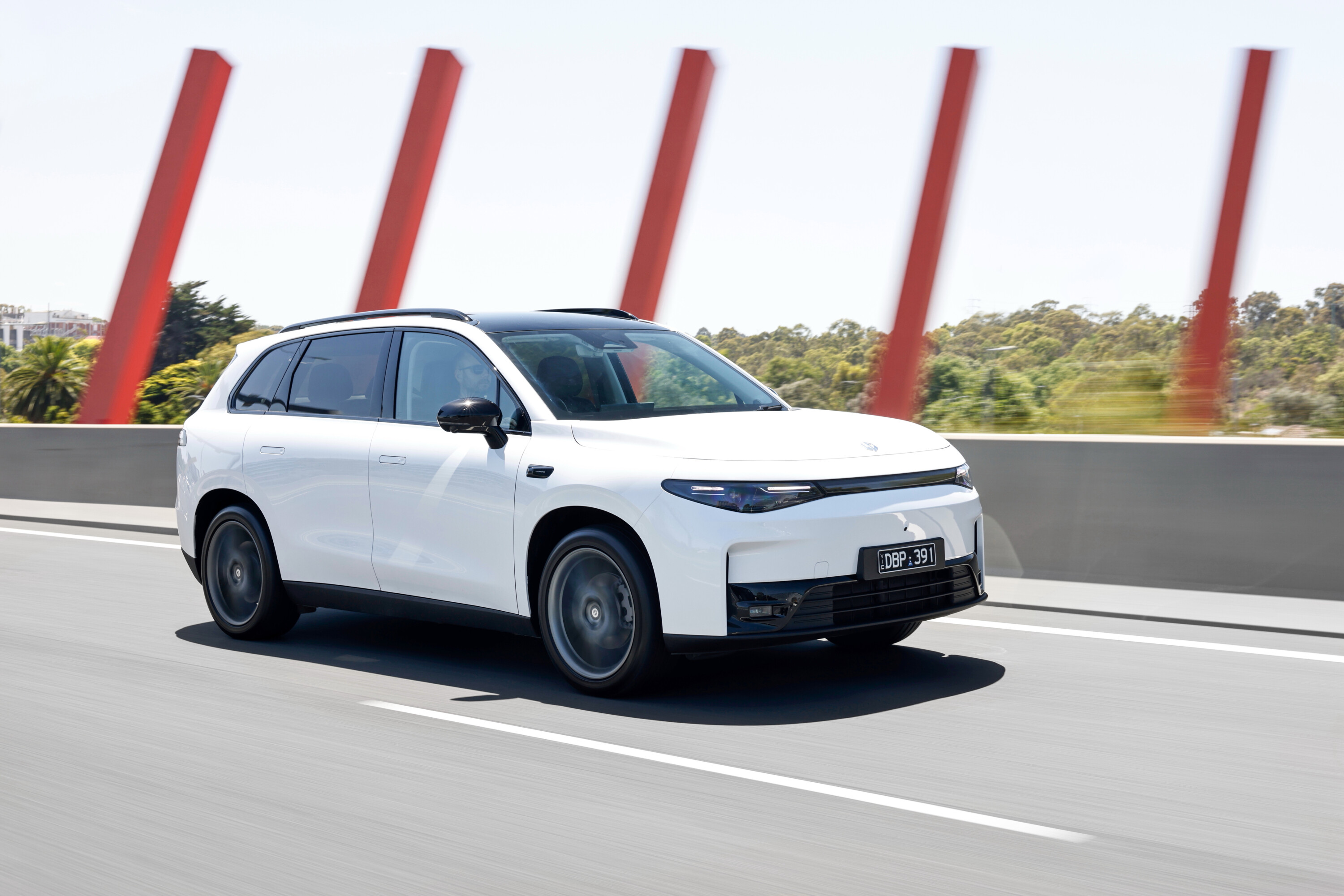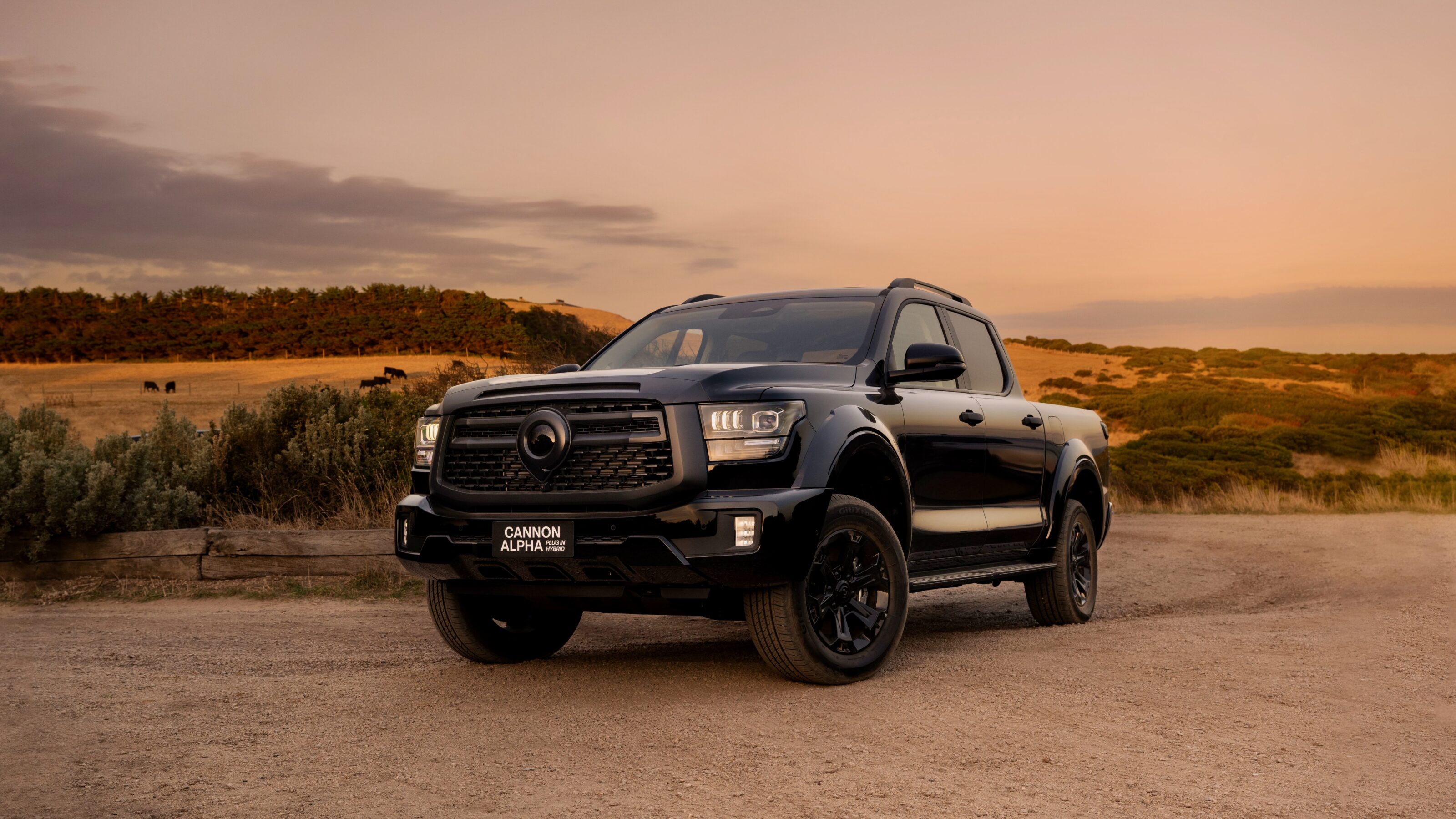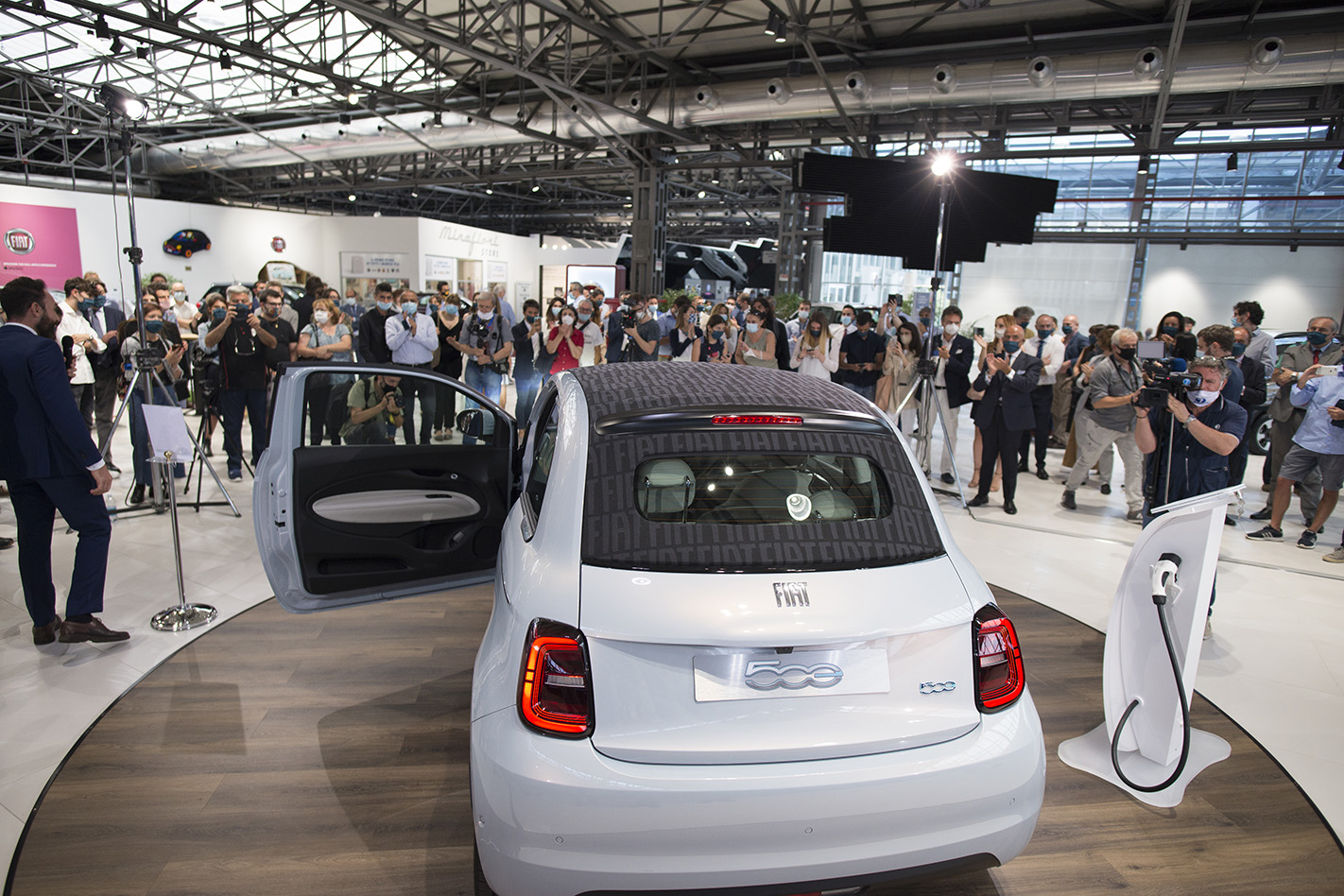
Multinational automotive conglomerate Stellantis might be preparing to electrify all of its brands over the next decade, but that hasn’t stopped its boss questioning the motive.
Stellantis was formed after PSA and FCA merged at the beginning of 2021, creating a new powerhouse for automotive manufacturing which has 14 brands under its umbrella, all of which have committed to some form of electric vehicle strategy before the EU bans internal combustion engine production from 2035.
However, CEO Carlos Tavares believes it is politicians and not the industry driving the change towards electrification – a move which will see his company invest around €30 billion (AU$47bn) over the next few years.
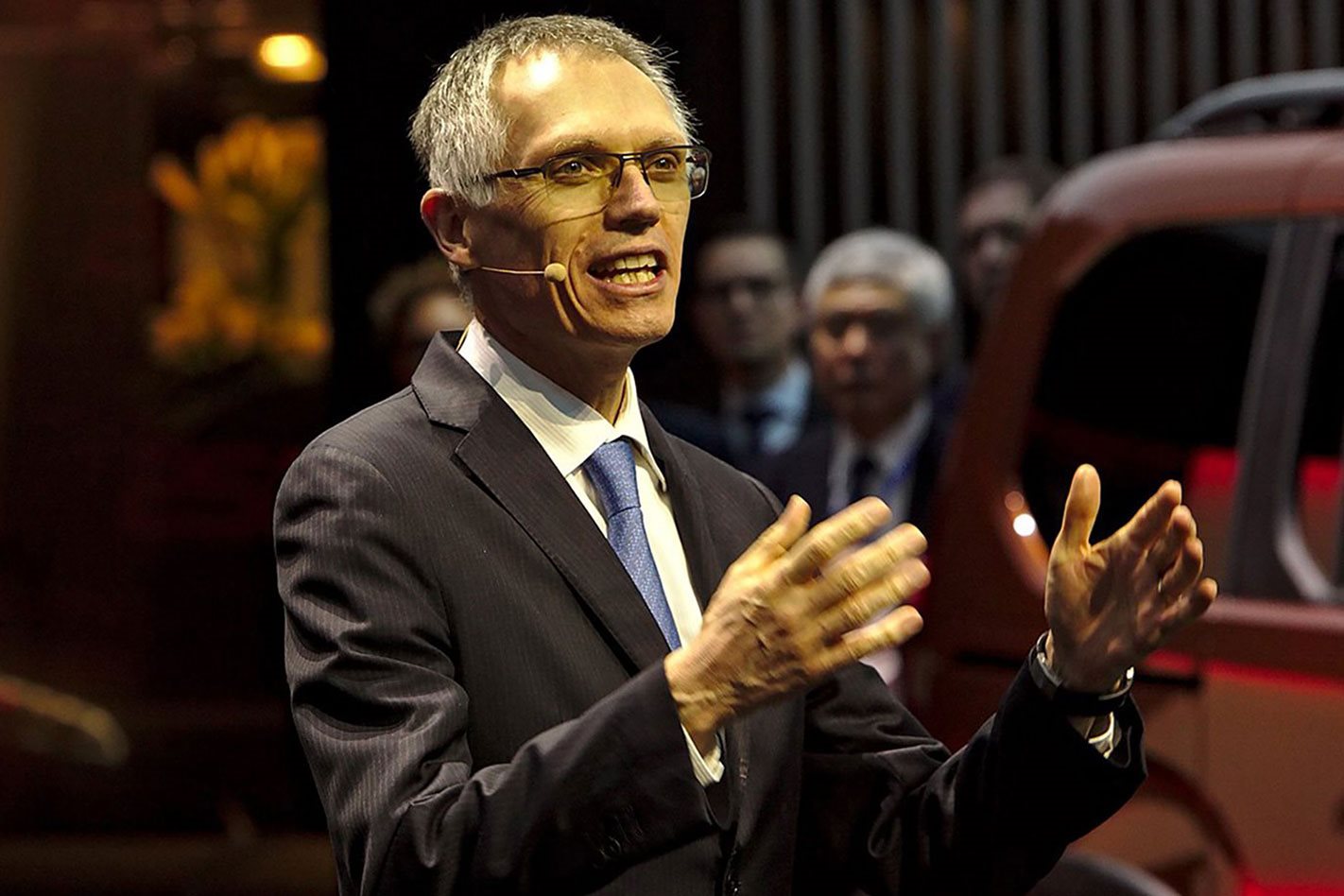
“What is clear is that electrification is a technology chosen by politicians, not by industry,” said Tavares in an interview with Les Echos, Handelsblatt, Corriere della Sera and El Mundo, via Automotive News.
“Given the current European energy mix, an electric car needs to drive 70,000 kilometres to compensate for the carbon footprint of manufacturing the battery and to start catching up with a light hybrid vehicle, which costs half as much as an EV.”
He also warned about the seismic change manufacturers will need to go through to be geared up for EV production, potentially leading to the loss of jobs within the industry.
“The brutality of this change creates social risk.”
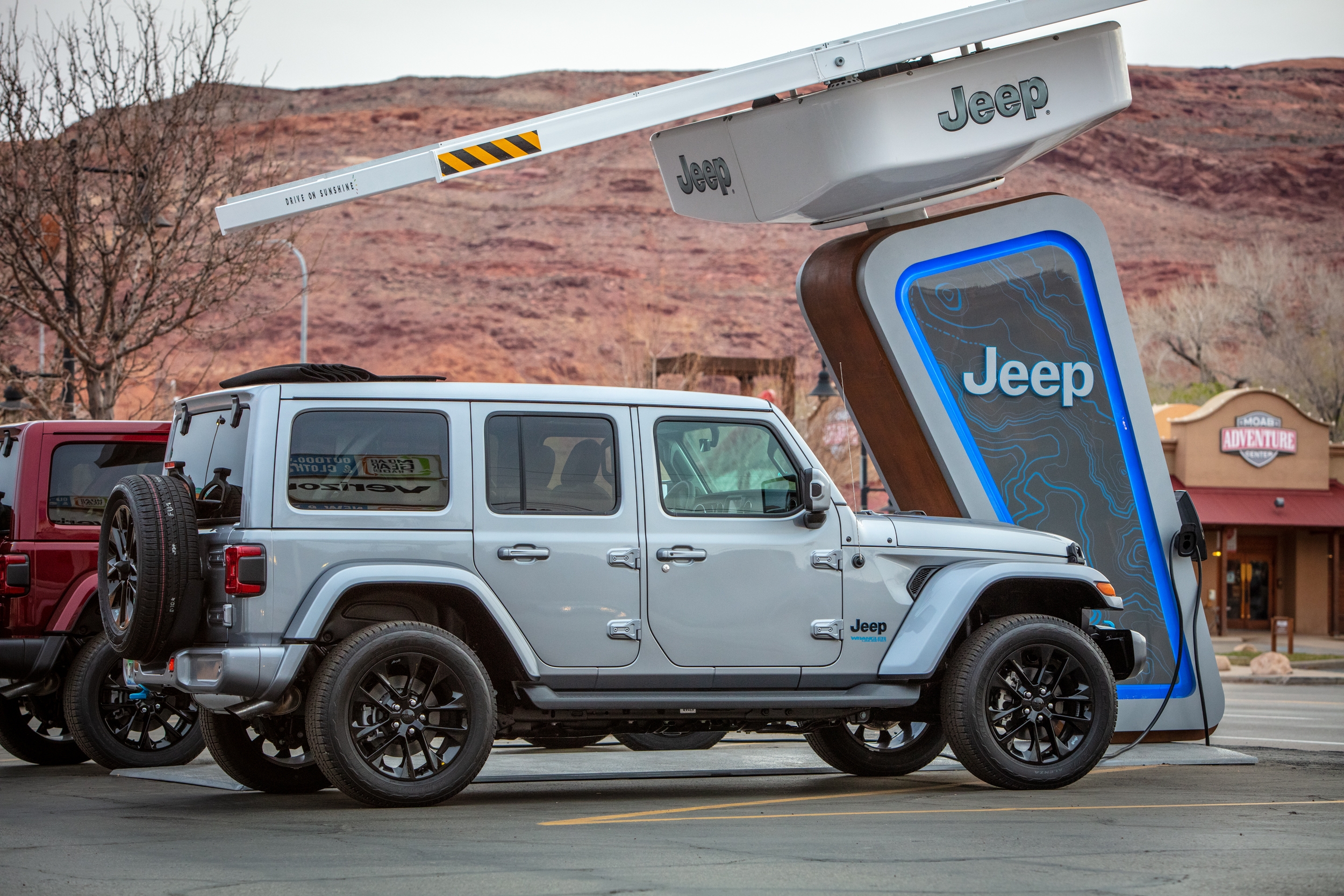
Out of its 14 brands, Fiat is set to be the first subsidiary of Stellantis to go fully-electric, planning to do so by 2022, followed by its in-house tuning brand Abarth in 2024.
A majority of the European-based manufacturers such as Peugeot, Opel and Alfa Romeo will transition between 2024 to 2030, while the North American-based Jeep and Dodge are going to take a bit longer, beginning their EV rollouts from 2024 and 2025 respectively.
We recommend
-
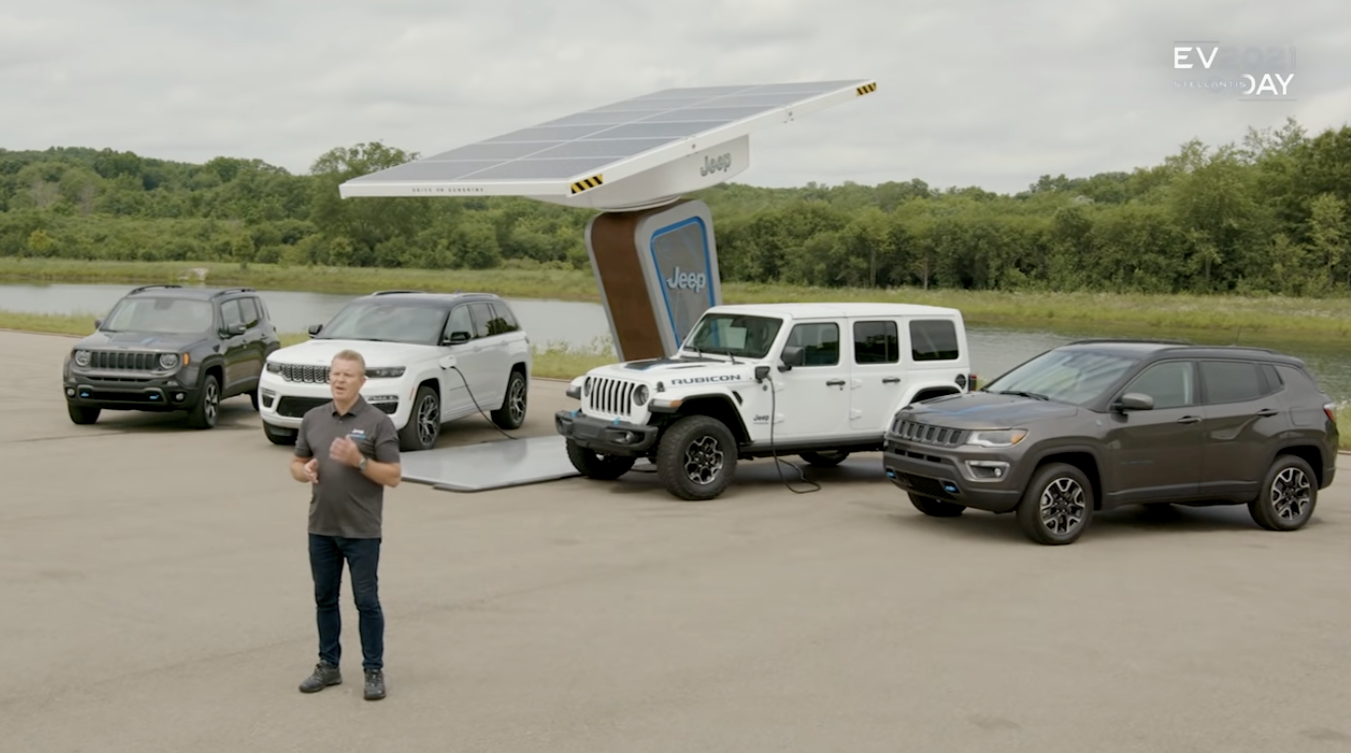 News
NewsBrand by brand – What Stellantis's electric plans are
Stellantis last night launched its EV strategy – but what is each brand doing to transform itself for the new age?
-
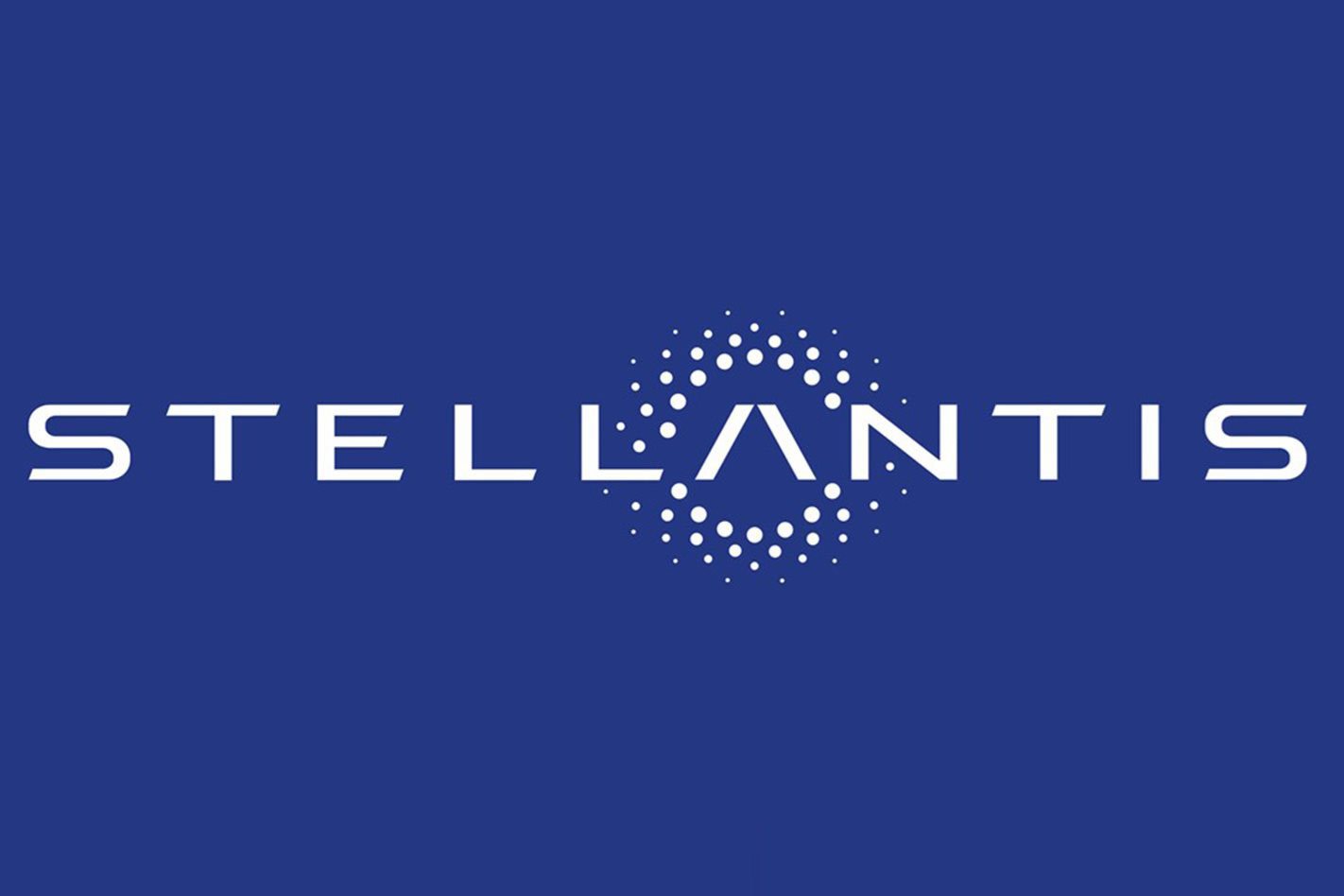 News
NewsWhat is Stellantis? Groupe PSA and FCA join forces
Stellantis is the new big name in the automotive world, and it could spell bad news for Chrysler.
-
 News
NewsStellantis launches big plans for electric sales in Europe and US by 2030
Fourteen brands under group's control all have individual paths towards electrification


